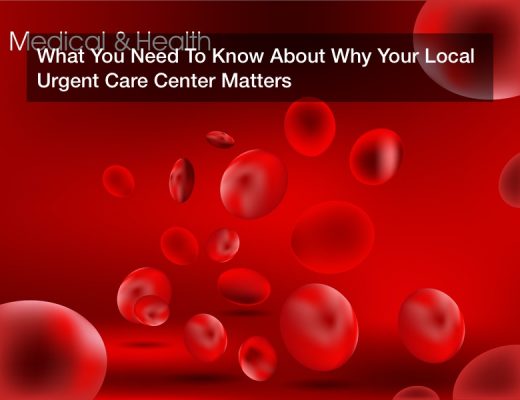

Just about everyone has experienced this. You fall on the tennis court but it is a Saturday and your doctor’s office is not open on the weekend. Or, you find your daughter has a fever and it is Friday night. The doctor’s office has closed for the weekend. What should you do? In both cases, you really do not want to have to wait for medical care but do you really need the emergency room? There are three levels of care that you can seek out when you are sick or injured. Here are a few.
You can go to the hospital emergency room.
There are times when this really is your only option. A few things that should get you calling an ambulance or getting a ride to the emergency room are:
- A sudden and severe headache, especially if it is accompanied by slurred speech or weakness on one side.
- Chest pains.
- Bleeding that will not stop.
- A complex break in a bone.
- Severe pain (anywhere).
- A head injury that results in a loss of consciousness.
This list is not exhaustive but should give you an idea of the kind of thing that should be treated in a hospital emergency department. It is worth noting another way to decide if you need to go there or can get away with an urgent care center. Urgent medical help and emergency medical help are often confused. Your child’s fever or your busted knee may need treatment right away but the chances are good that neither is a true medical emergency. If the visit may result in an admission to the hospital, the emergency room is the place to go.
If you want medical treatment right away you can also go to an urgent care clinic.
These have been around since the 1980s. They were started by emergency room physicians who saw that people need more options than “go to the emergency room or wait.” Since their invention, they have sprung up all over the nation. There are a number of problems that can be treated in them. They include:
- Muscle sprains and strains.
- Small and simple breaks. Nearly 80% of all urgent clinics have x-ray machines and can take care of smaller breaks.
- Moderate back pain.
- Colds and flus. These are some of the most common problems that send people to the doctor every year.
- Routine tests.
- Cuts, scrapes, rashes, and animal or insect bites.
- Eye problems such as rashes.
- Travel health issues. If you are going on a trip overseas and need to get some shots, these clinics often can help you out. They can also get your medications to prevent contracting diseases such as malaria.
To stay healthy, you should have a primary care doctor.
A lot of people today do not have a primary care doctor. There are a lot of reasons for this. Many people believe that if they are healthy, they do not need to have a primary care doctor but having a good relationship with one is the best way to stay healthy.
There are a few reasons for this. Some are:
- They know you and your medical problems. When you go in for a check up, when you are healthy, your doctor will get readings for your blood pressure and other vitals. That information can help when you do get sick. Knowing what the normal range is for you can make a difference.
- They can tell you if you need a emergency department or a urgent care clinic. If you are ill or injured after hours or on the weekend, you can talk to your doctor who is on call and get the information you need to make an informed decision.
- They can find problems when they are small. It is said that “an ounce of prevention is worth a pound of cure” and this is true. By keeping an eye on you, they will find problems before they are really hard to treat.
No one wants to become ill or injured but we all do. Knowing all of the options that you have available to you when the inevitable happens, can make things go easier. Having a relationship with a good primary care doctor is one way to stay healthy and happy for a very long time.


